- লিঙ্ক পান
- X
- ইমেল
- অন্যান্য অ্যাপ
45 Things Heart Doctors Do to Prot
ect Their Own Hearts ( courtecy;- reader's digest )
Heart disease is the biggest killer in the United States, more than all cancers combined. Here, the heart health habits cardiologists follow to prevent heart problems for life.
"I use a meal delivery service"
 ISTOCK/NEMANJAMISCEVIC
ISTOCK/NEMANJAMISCEVIC
"Good nutrition is essential to heart health. Unfortunately I often miss meals and instead ending up grabbing junk food during the work day. A meal delivery service is totally worth it for me as it helps guarantee that I will have healthy meals and snacks. Another great option is to prep your meals for the week in advance so you can just grab and go." —Nicole Weinberg, MD, cardiologist at Providence Saint John’s Health Center in Santa Monica
"I keep a gratitude journal"
 ISTOCK/G-STOCKSTUDIO
ISTOCK/G-STOCKSTUDIO
"Studies have recently shown that expressing gratitude may have a significant positive impact on heart health. One study, for example, showed the volunteers who were asked to focus on feelings of deep appreciation had increased heart rate variability, which is a marker that predicts decreased death from cardiac disease. Another study found that patients who kept a gratitude journal for two months had lower levels of inflammatory biomarkers that could lead to cardiovascular disease. Giving thanks can improve subjective well-being and overall health. It's become clear to me that gratitude isn't just good for the soul, it's good for the body, too." —Nicole Van Groningen, MD, internal medicine physician at NYU
"I get 8 hours of sleep a night, every night"
 ISTOCK/DIGITALSKILLET
ISTOCK/DIGITALSKILLET
"Getting a good night sleep is essential. I make a point of getting seven to eight hours of sleep every night so that I feel rested and prepared for my busy day ahead. Poor sleep is linked to higher blood pressure, which is a risk factor for heart disease." —Jennifer Haythe, MD, cardiologist and assistant professor of medicine at Columbia University Medical Center
"I do CrossFit"
 ISTOCK/ILBUSCA
ISTOCK/ILBUSCA
"I am a strong believer in the mind-body connection and have seen firsthand how exercise not only increases your overall health and energy levels but is also the perfect stress buster. Exercise blunts the 'cortisol spike,' the rush of stress hormones that has been linked to increased risk of a heart attack or stroke. Personally CrossFit is my favorite but I also practice yoga as well." —Adam Splaver, MD, a cardiologist in South Florida and co-founder of NanoHealthAssociates
"I meditate"
 ISTOCK/LIDERINA
ISTOCK/LIDERINA
"Each day I engage in activities that alleviate stress and make me laugh. Negative thoughts and feelings of sadness can be detrimental to the heart. Stress can cause catecholamine release that can lead to heart failure and heart attacks. I have found a great sense of comfort in 20 minutes of meditation daily. It gives me the reset I need when pressure is rising. Apps can provide guided meditation and now many workplaces offer daily group sessions." —Archana Saxena, MD, cardiologist at NYU Lutheran Medical Center
"I take the stairs"
 ISTOCK/PETIAILIEVA
ISTOCK/PETIAILIEVA"I weigh myself every day"
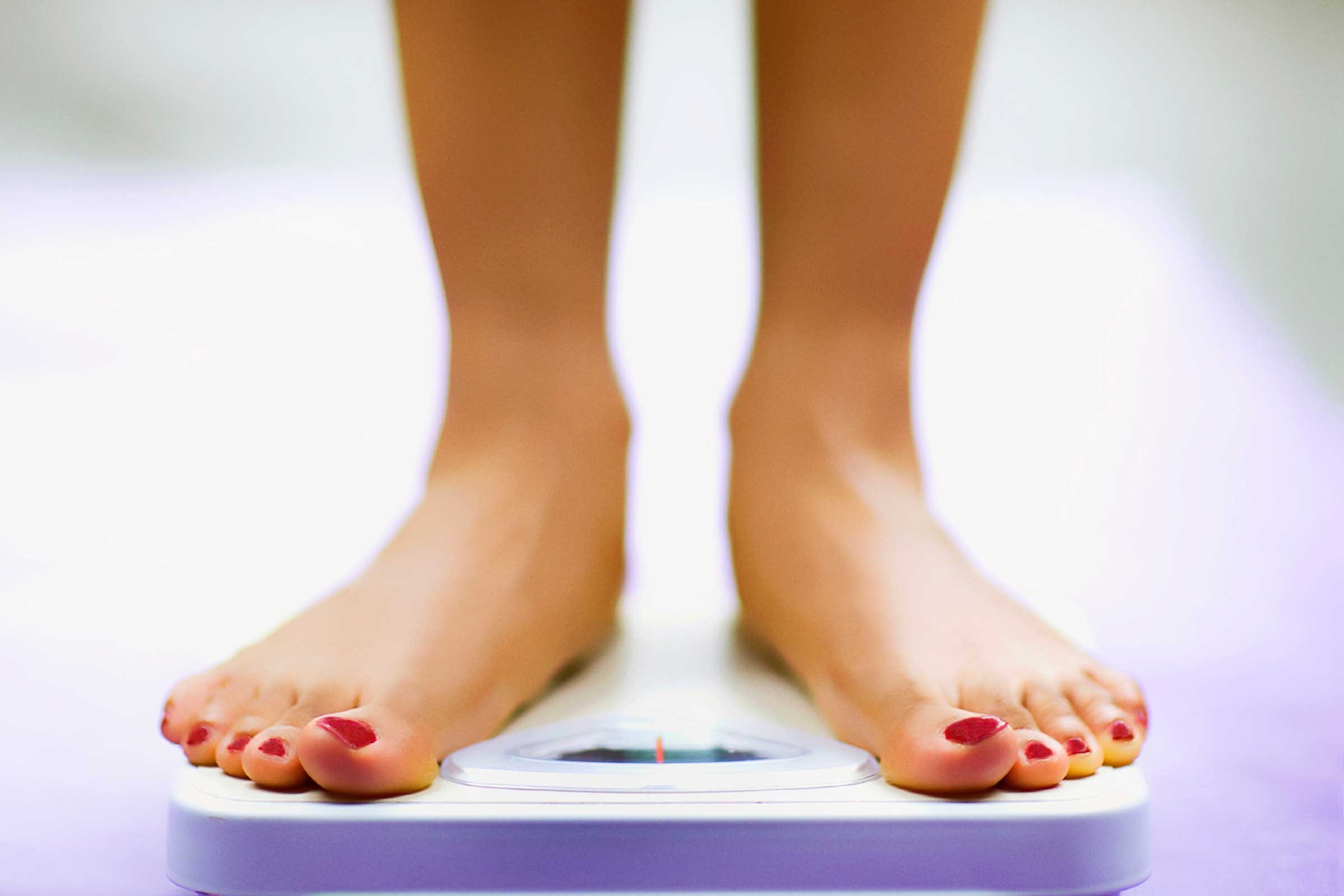 ISTOCK/STEVECOLEIMAGES
ISTOCK/STEVECOLEIMAGES
"Almost all advice for reducing your cardiovascular risk includes recommendations for diet, weight reduction, exercise programs, and stress reduction. But I've found that patients often don't internalize these recommendations—because they fail to incorporate them into their daily routine. One simple thing I do to make sure I'm at a lean weight is to set a target weight and then weigh myself daily to make sure I'm maintaining it." —Steven Tabak, MD, FACC, medical director at Cedars-Sinai Heart Institute
"I don't eat when I'm not hungry"
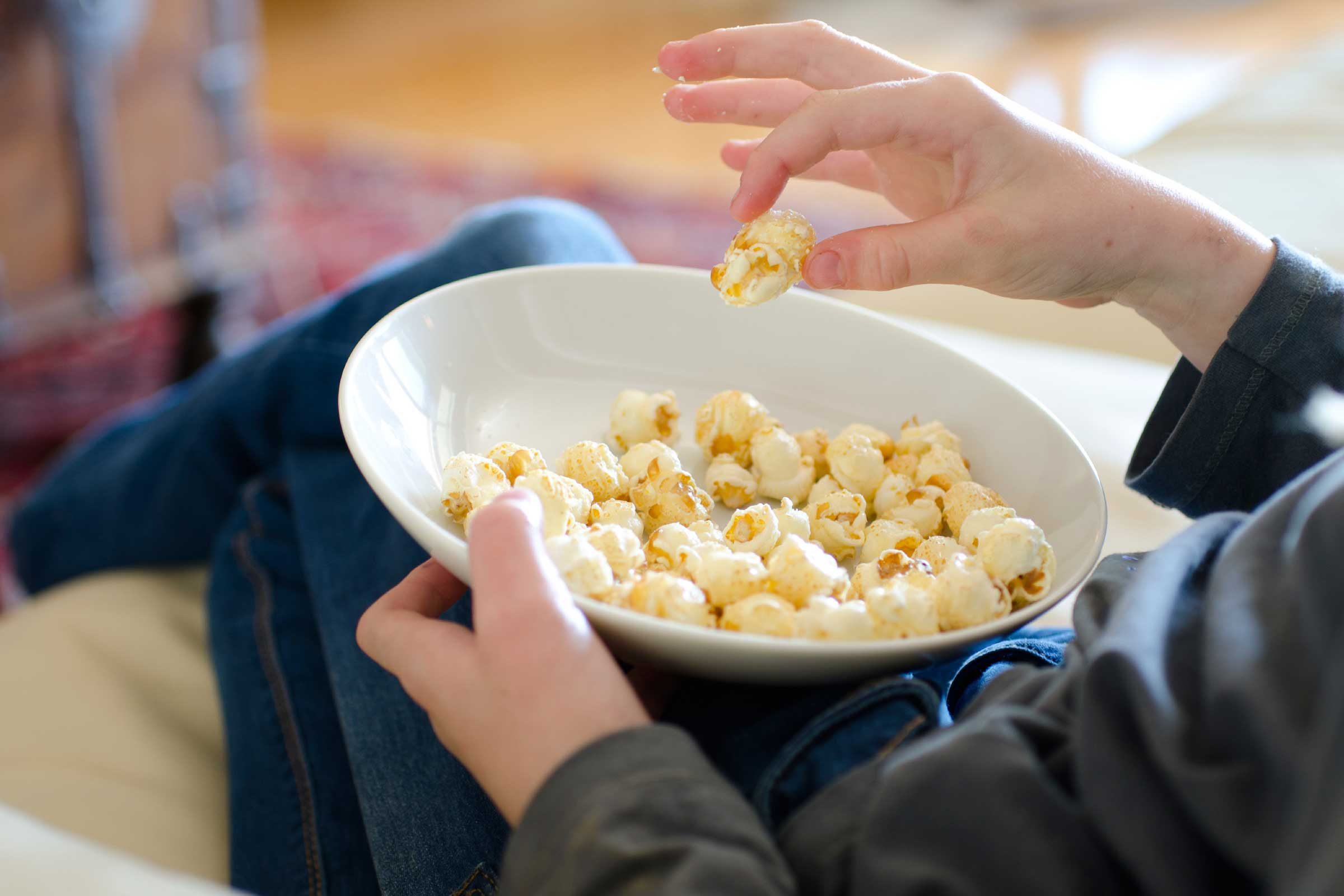 ISTOCK/CMSPIC
ISTOCK/CMSPIC
"Don't eat when you aren't hungry. [Here are reasons you always feel hungry]. It sounds too simple but many people eat for other reasons like boredom or stress. Instead become a 'grazer.' It's better to nibble, and every once in a while gorge oneself on a big meal, rather than the old advice to eat three meals a day. Maintaining a healthy weight is one of the best things you can do for your heart." —Richard Wright, MD
"I'm always finding something to laugh about"
 ISTOCK/STURTI
ISTOCK/STURTI
"Seeing the humor in everyday situations helps me maintain perspective and allows me to laugh as often and frequently as I can. [Check out Reader's Digest jokes for instant laughs]. Laughing about things that are not in your control not only decreases the stress, but dilates the arteries and keeps blood pressure down." —Suzanne Steinbaum, MD, cardiologist and spokesperson for The American Heart Association's Go Red For Women movement
"I have lots of sex"
 ISTOCK/MONKEYBUSINESSIMAGES
ISTOCK/MONKEYBUSINESSIMAGES
"Sex is like interval exercise, which is very good for the heart. One easy and fun way to help your heart is to have more sex!" —Richard Wright, MD
"I do yoga"
 ISTOCK/JULIEF514
ISTOCK/JULIEF514
"We know that high levels of stress is bad for your heart. Not only can severe stress directly harm your heart, but high levels of anxiety lead to other behaviors that are bad for your heart like smoking, alcohol use, and eating comfort foods like cookies and pizza. I have started practicing stress reduction through yoga, it helps me unwind, find balance, and escape for a short time every day." —Jennifer Haythe, MD
"I drink a ton of water"
 ISTOCK/NENSURIA
ISTOCK/NENSURIA
"Drinking five or more glasses of water a day can lower the risk of heart disease deaths, as dehydration leads to increased hematocrit and increased blood viscosity, both of which have been associated with cardiovascular events. A recent study showed that increasing water intake by as little as just one percent also improves overall diet because you eat less sugar and salt, and overall calorie intake decreases." —Jason Guichard, MD, a cardiologist in Birmingham, Alabama
"I schedule exercise"
 ISTOCK/KOSMOS111
ISTOCK/KOSMOS111
"I often hear my patients say they don't have time to exercise or say they had no idea that they had gained weight. This is why I schedule my exercise sessions (I do aerobic exercise at least 30 minutes a day, five days a week) just like I would schedule a business meeting or other event." —Steven Tabak, MD
"I eat a Mediterranean diet"
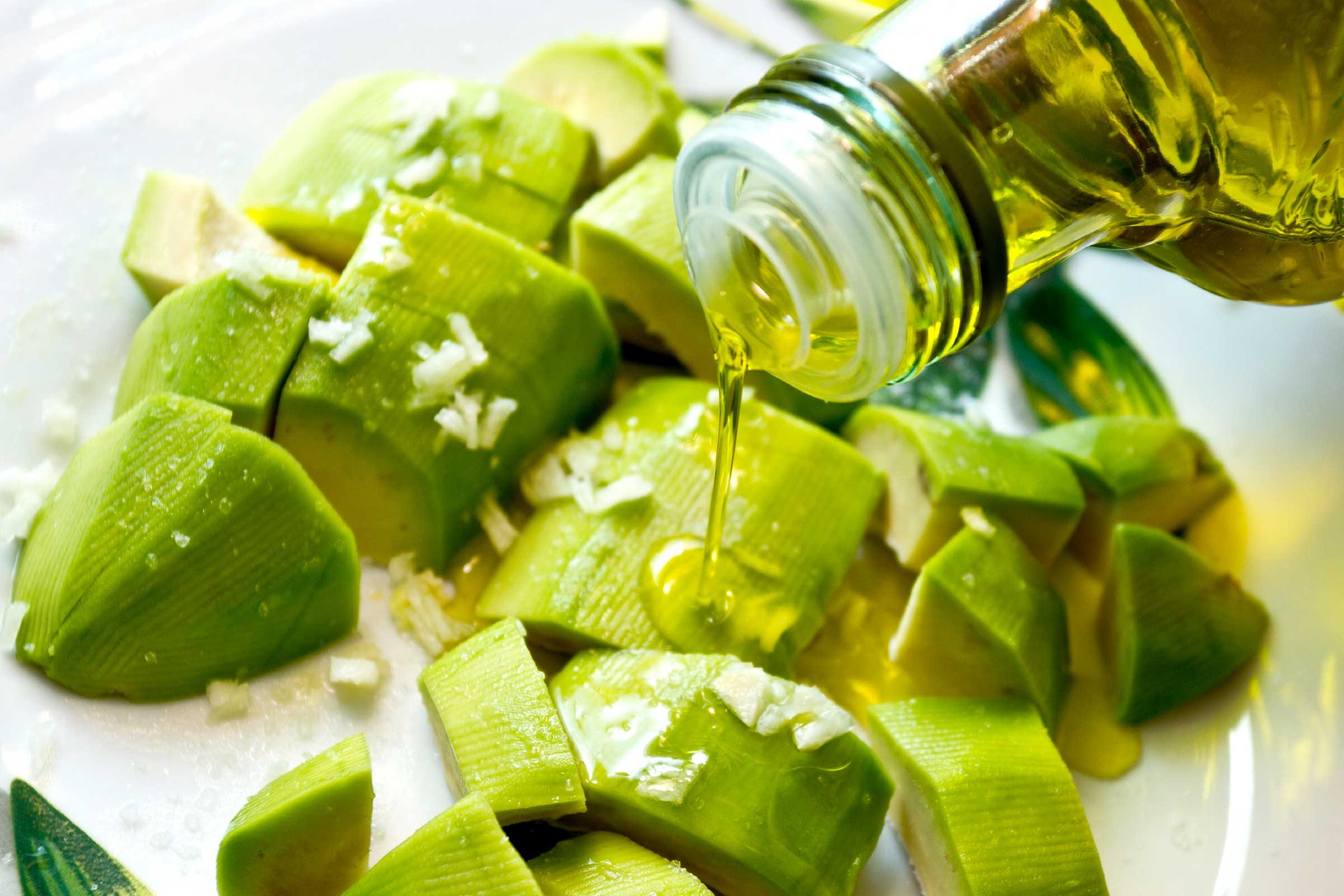 ISTOCK/POMOGAYEV
ISTOCK/POMOGAYEV
"Instead of grabbing chips when I get home hungry at the end of the day, I slice up half an avocado and drizzle on some olive oil. Delicious and filling, this quick snack is part of a Mediterranean diet, which has been scientifically proven to be heart healthy." —Glenn Rich, MD, an endocrinologist and obesity specialist in Trumbull, Connecticut
"I take a good multivitamin"
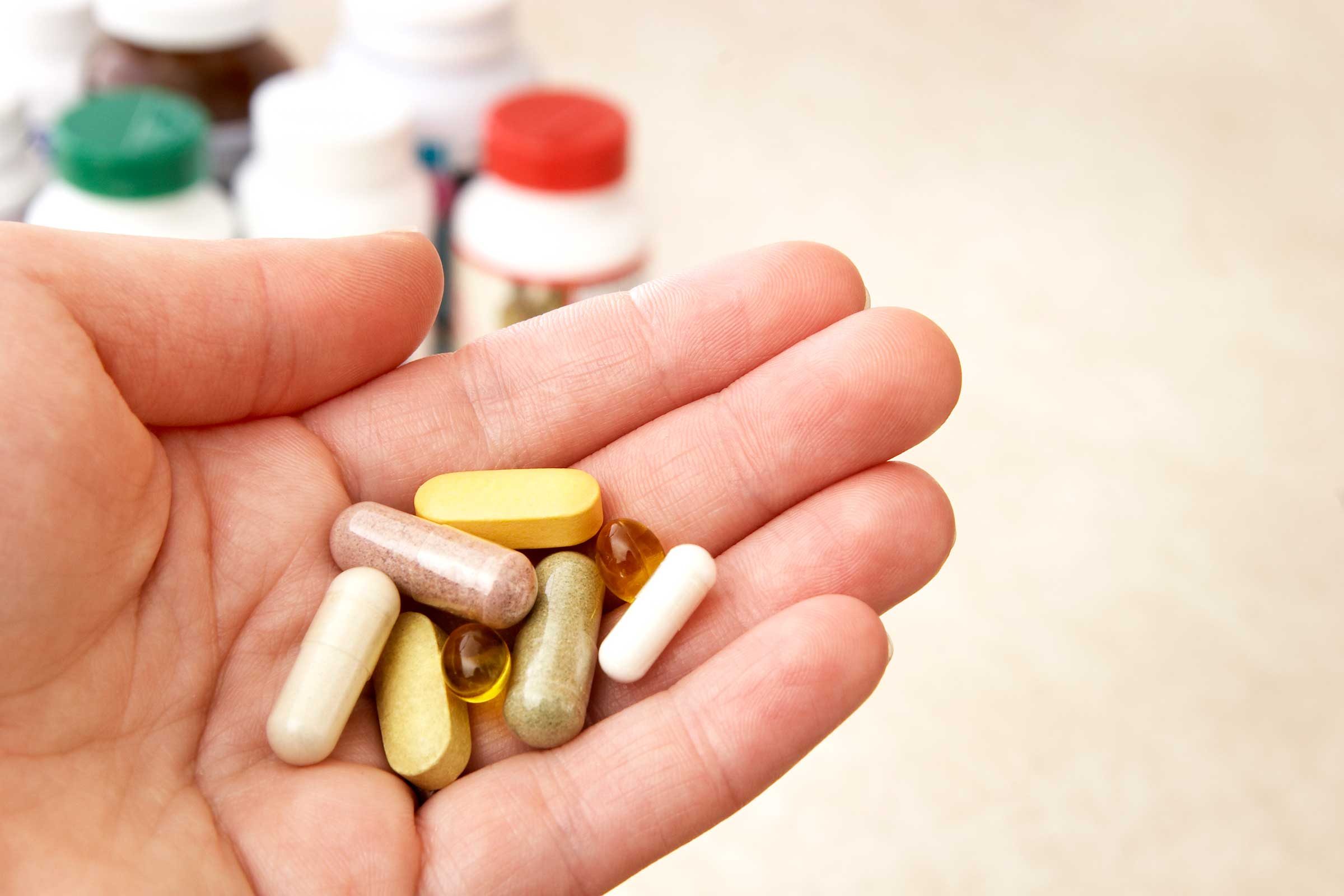 ISTOCK/JANINE LAMONTAGNE
ISTOCK/JANINE LAMONTAGNE
"As a physician and vitamin expert one thing I do to help with my heart health is take a personalized multivitamin. A 2015 study in the Journal of Nutrition showed that women who took a multivitamin for more than three years significantly reduced their risk of heart disease and death from heart disease. Even though I try to eat a well-balanced Mediterranean diet I know there are certain nutrients on which I fall short so I take a multivitamin tailored to my specific needs based on diet, lifestyle, and health concerns." —Arielle Levitan, MD, co-founder Vous Vitamin and author of The Vitamin Solution:Two Doctors Clear the Confusion About Vitamins and Your Health
"I get the flu vaccine every year"
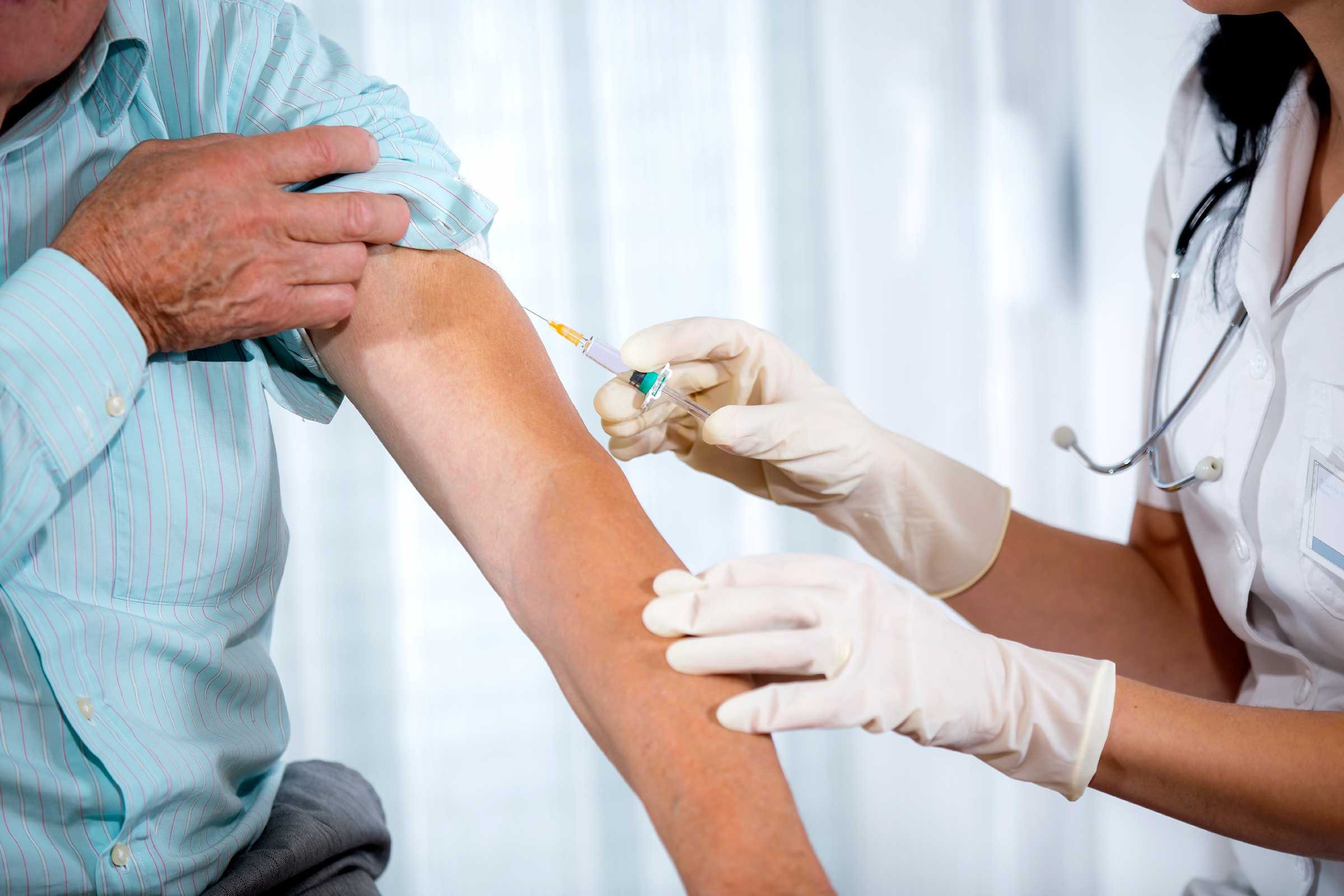 ISTOCK/JOVANMANDIC
ISTOCK/JOVANMANDIC
"Getting a flu (influenza) vaccination is good for nearly everyone, but especially for people with existing heart disease and heart failure. The flu vaccine has been recently shown to offer protection against new-onset atrial fibrillation." —Jason Guichard, MD
"I eat berries every day"
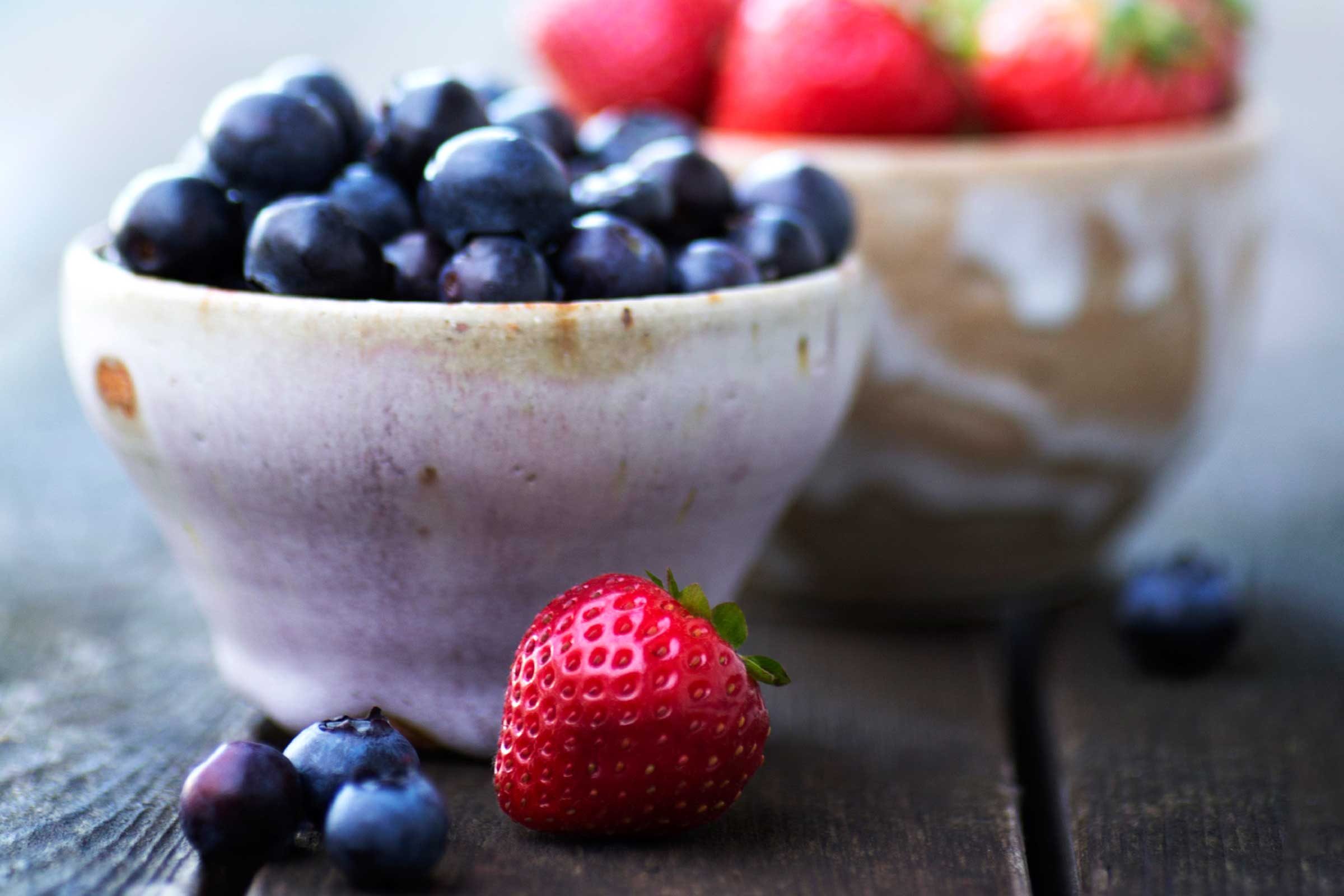 ISTOCK/SKODONNELL
ISTOCK/SKODONNELL
"Studies show that berry intake improves cardiovascular health. Berries have natural antioxidants, such as vitamins C and E, and anthocyanins, the pigments that give berries their color, both of which help the heart. The Kuopio Ischemic Heart Disease Risk Factor Study showed significantly lower cardiac deaths in men who ate 400 grams of berries per day. The Iowa Women’s Health Study of 35,000 women showed significant reduction in cardiac mortality with strawberry intake over 16 years. Berries have been shown to improve the factors that lead to heart disease such as high LDL cholesterol, low HDL cholesterol, and high blood sugar. So I eat fresh or frozen berries every day." —Nitin Kumar, MD, gastroenterologist and expert in cardiometabolic risk at the Bariatric Endoscopy Institute
"I make time for my friends and loved ones"
 ISTOCK/VGAJIC
ISTOCK/VGAJIC
"The quality and quantity of your social relationships has been linked overall health and a lower risk for death. Heart disease has been associated with stressful life events and social strain, job strain, and psychological distress at any point in life—all things that good friends and family can help with." —Jason Guichard, MD
"I exercise consistently"
 ISTOCK/STUDIOTHREEDOTS
ISTOCK/STUDIOTHREEDOTS
"We all know exercise is one of the best things you can do to protect your heart, so why is it so hard to fit it in? In my youth I was athletic and a very regular exerciser as I grew up and became busier I only exercised erratically, telling myself that I would 'someday when I have more time...' Yet I continued to exercise only when it was convenient, or my schedule allowed, or the stars were properly aligned. After many fits and starts, I finally accepted I would never be less busy. I just needed to re-prioritize exercise. So for the last six or seven years I have been very consistent about exercising most days of the week in the morning. Even when work stress mounts, deadlines loom, our family life gets busy, I maintain my workout routine. My steady exercise schedule has proven a fantastic stress management strategy and a wonderfully energizing way to start each day." —Joseph A. Craft III, MD, FACC at the Heart Health Center
"I get regular heart screenings"
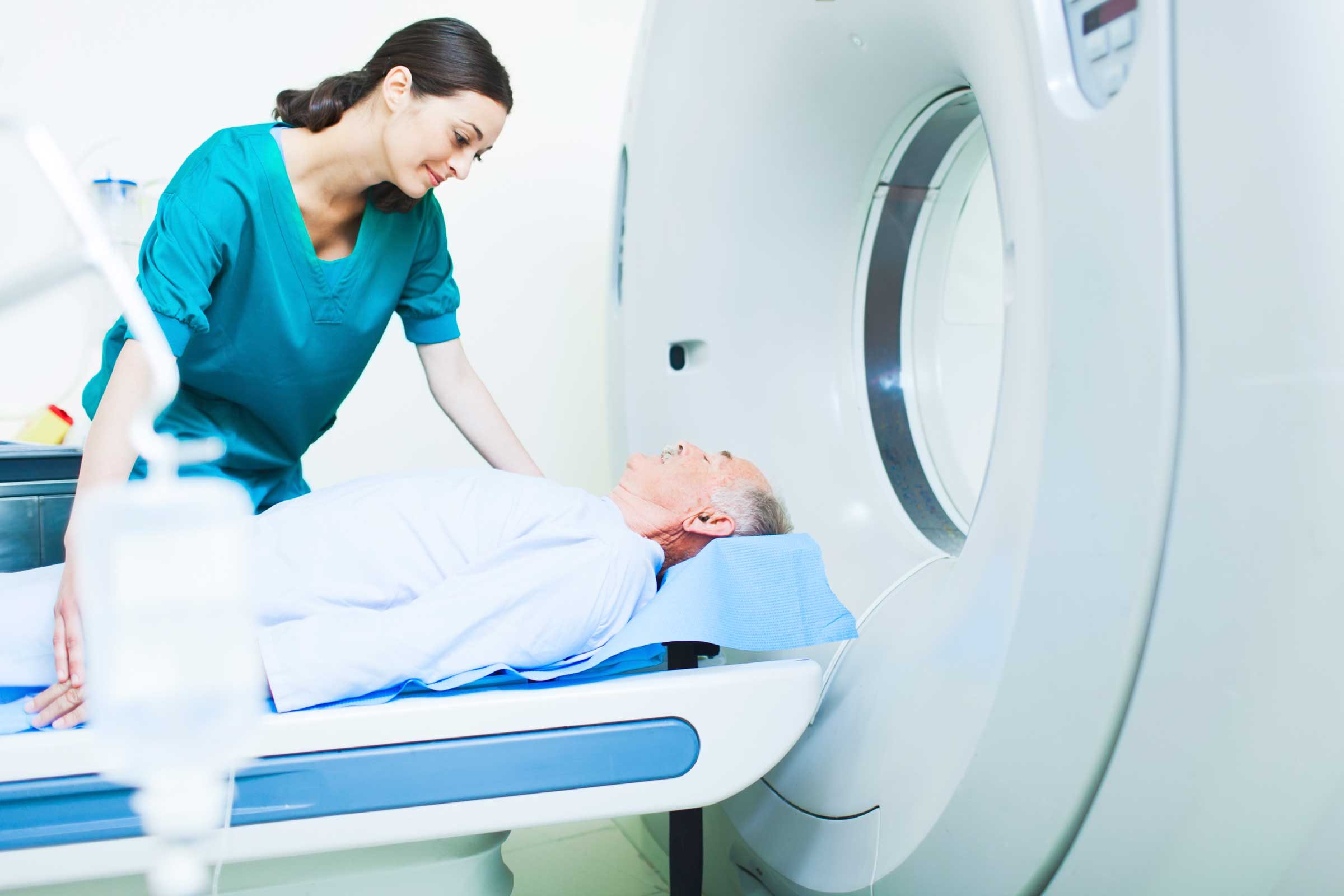 ISTOCK/TEMPURA
ISTOCK/TEMPURA
"Obtaining a simple screening test called a coronary calcium CAT scan enabled me to determine whether I was developing early heart disease. [These are other heart disease tests you might not know about]. This allows me to make an informed decision as to whether life style alone with diet and exercise is enough to protect my heart or whether more aggressive medical therapy is needed."—Glenn Rich, MD
"I make sure to get plenty of vitamin D"
 ISTOCK/GEORGIJEVIC
ISTOCK/GEORGIJEVIC
"Vitamin D deficiency is extremely common in the United States and studies have shown that low vitamin D levels are significant predictors of cardiac death, heart attack, and stroke. Low vitamin D is also associated with high blood pressure and blood sugar, which are risk factors for heart disease. Have your doctor check your vitamin D levels and supplement it up to normal with high doses if needed, and then maintain your level with sunshine, dairy, or supplements." —Nitin Kumar, MD
"I know my personal risk factors"
 ISTOCK/LJUBAPHOTO
ISTOCK/LJUBAPHOTO
"I have never smoked, eat a balanced diet, and exercise as best I can because I know these are relevant to my individual risk of heart disease. But every individual is unique with differing exposures to heart disease and stroke risk factors so it's important to get assessed so you can know what your personal risks are and take appropriate steps to manage them." —Allan T. Hirsch, MD, professor of medicine in the cardiovascular division at the University of Minnesota Medical School
"I spend time in outdoors, in nature"
 ISTOCK/ALEXBRYLOV
ISTOCK/ALEXBRYLOV
"Recently I realized I had been indoors too long so I 'prescribed' myself a hike! This nature hack relieves stress and allows me to get vitamin D from the sunshine—both of which have been shown in studies to lower your risk of heart disease." —Monya De, MD, MPH, internal medicine doctor in Los Angeles
"I skip simple carbs"
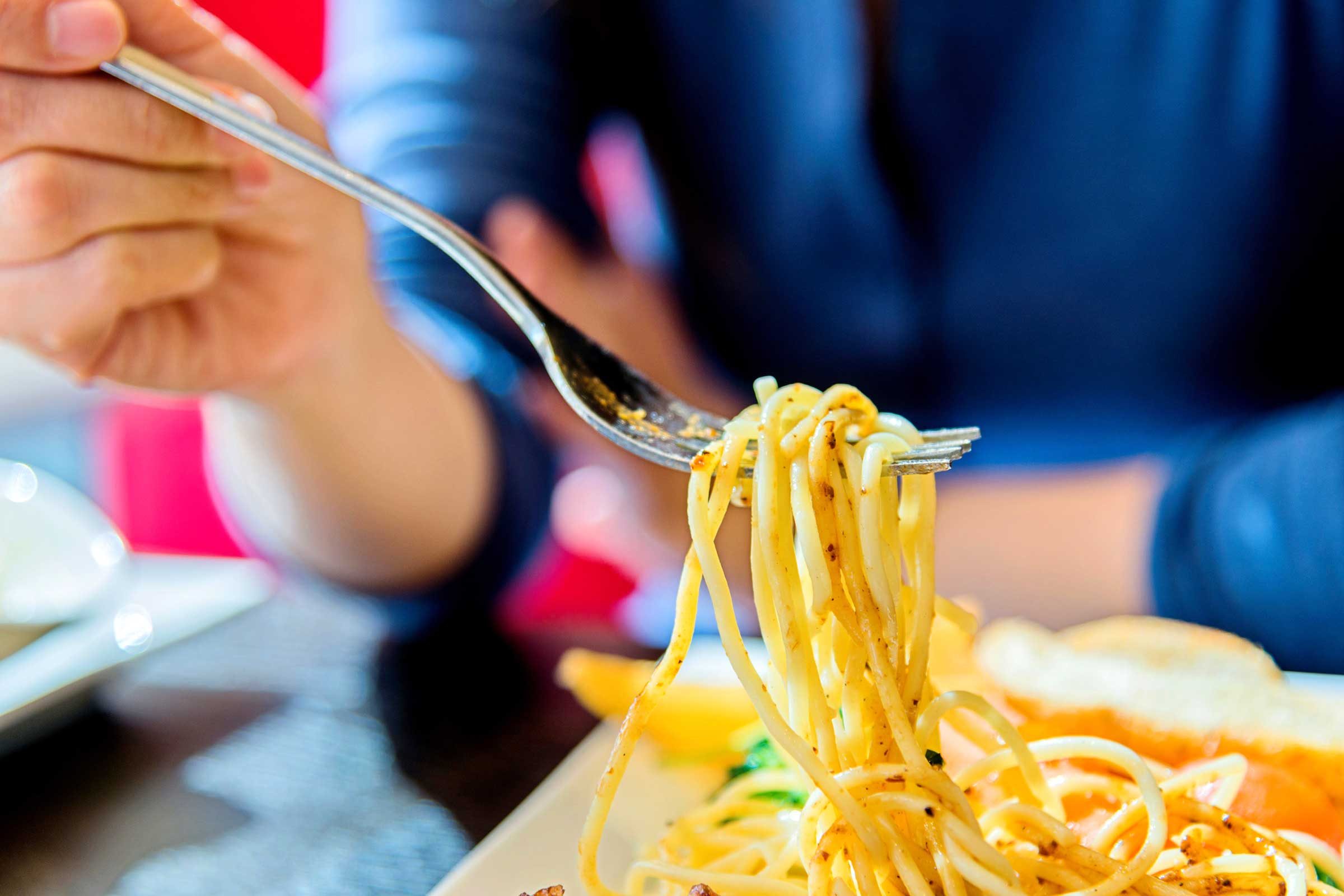 ISTOCK/BAONA
ISTOCK/BAONA
"To protect my heart as well as prevent diabetes and prevent some cancers, I avoid addictive carbohydrates such as pasta, rice, high fructose corn syrup and bread. Instead I eat plenty of fruit and lean protein and make sure I substitute quinoa and vegetables for processed carbs that are heavy in calories and activate the addictive part of the brain." —Bruce Roseman, MD, family physician and author of The Addictocarb Diet
"I take a vitamin K2 supplement"
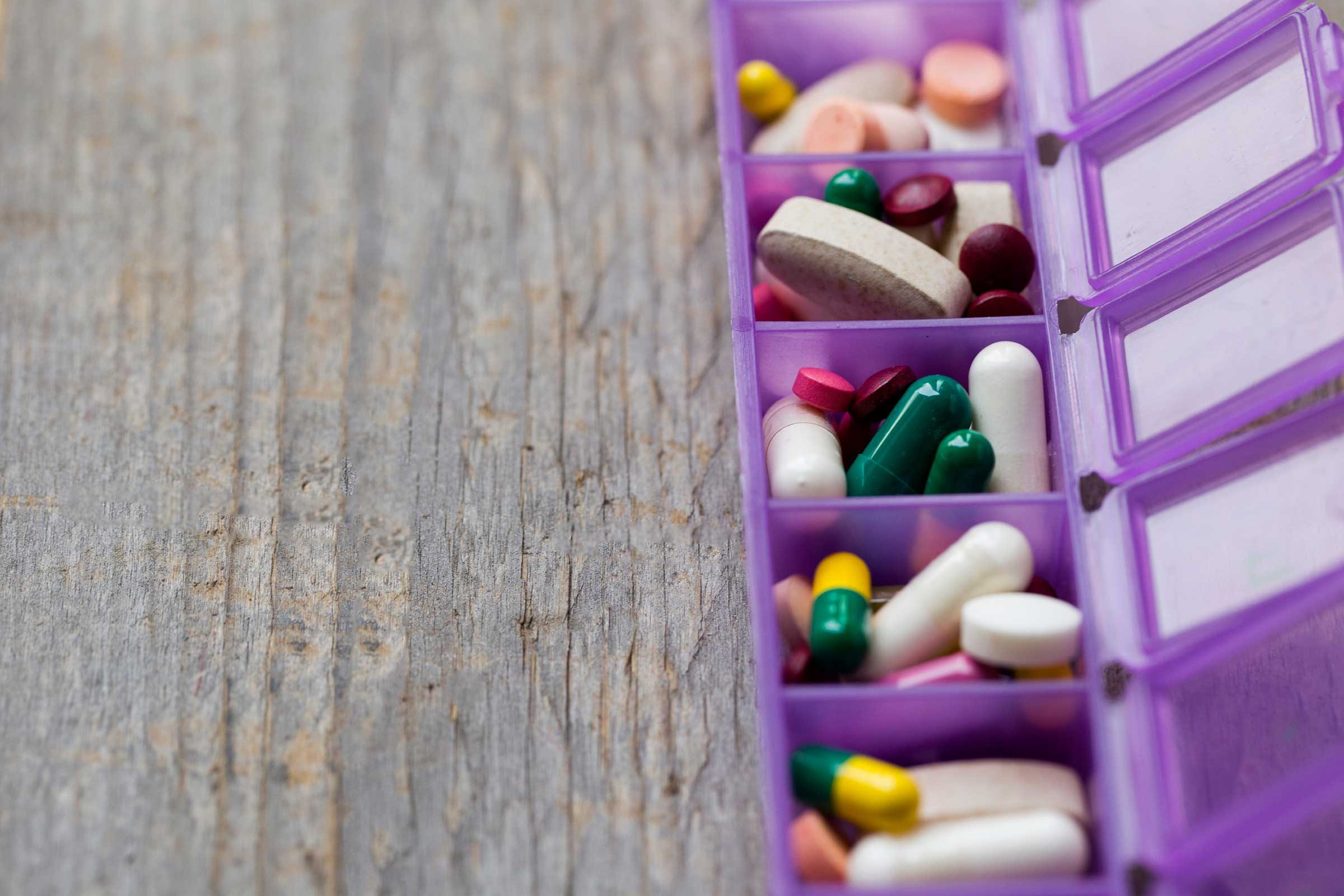 ISTOCK/TATOMM
ISTOCK/TATOMM
"Recent studies indicate that Vitamin K-2 is critical to heart health. It works by shuttling calcium into your bones instead of letting the calcium clog your arteries. There are also studies which indicate that Vitamin K-2 can reverse coronary calcification, the disease that causes blockage of your arteries." —Adam Splaver, MD
"I do intense aerobics"
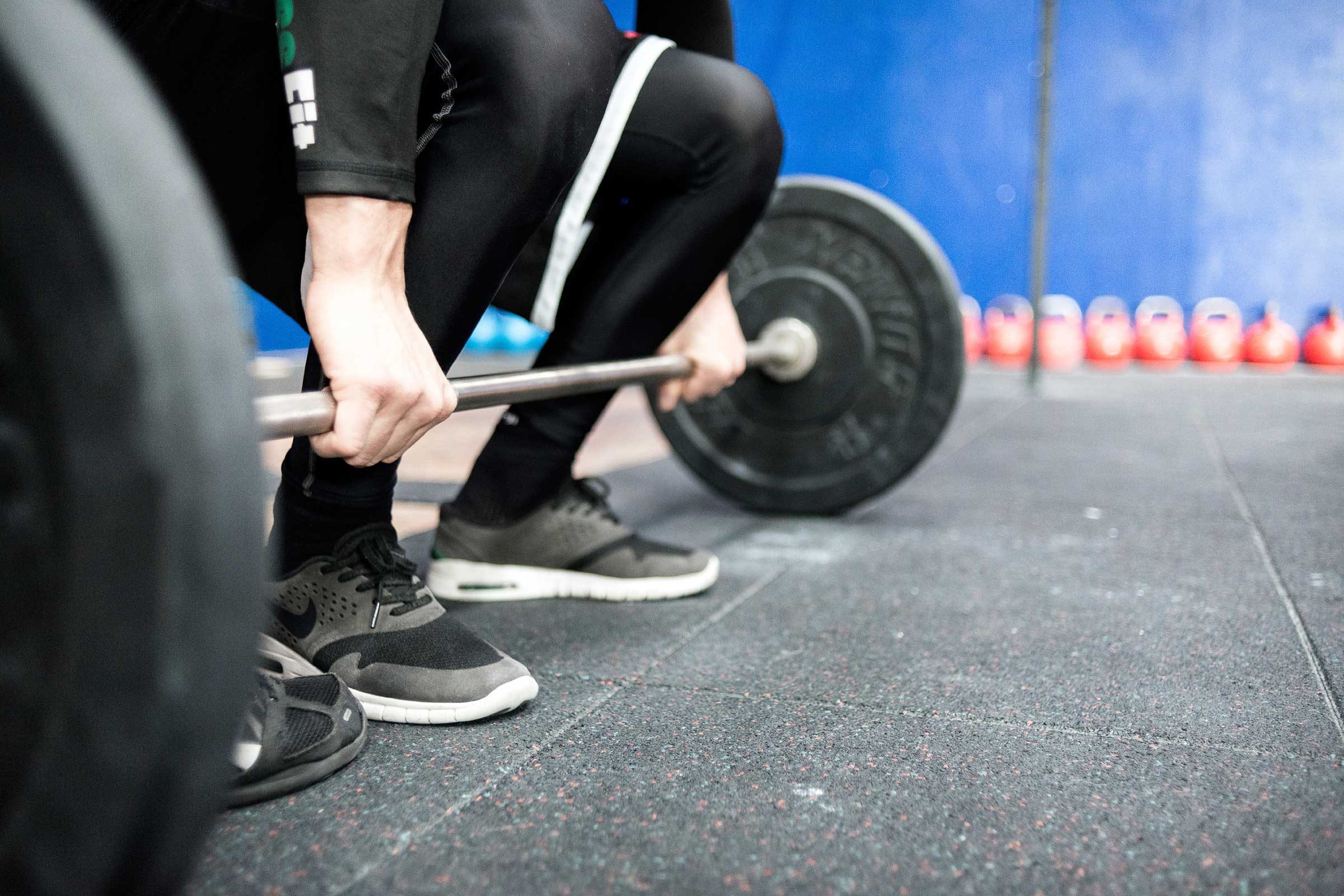 ISTOCK/RYANJLANE
ISTOCK/RYANJLANE
"Vigorous aerobic exercise is the key to heart health. Weight lifting is also good, but frequent, intense, prolonged cardiovascular exercise reduces blood pressure, increases good cholesterol (HDL), reduces bad cholesterol (LDL) and triglycerides, and also stabilizes blood sugar. I try to do a 45-minute session nearly every day in which I burn about 750 calories. If you're not conditioned you have to work up to that level but everyone can always do a little more than what they've done." —Paul B. Langevin, MD, director of cardiothoracic anesthesia and cardiac critical care at Hahnemann University Hospital
"I eat lots of protein"
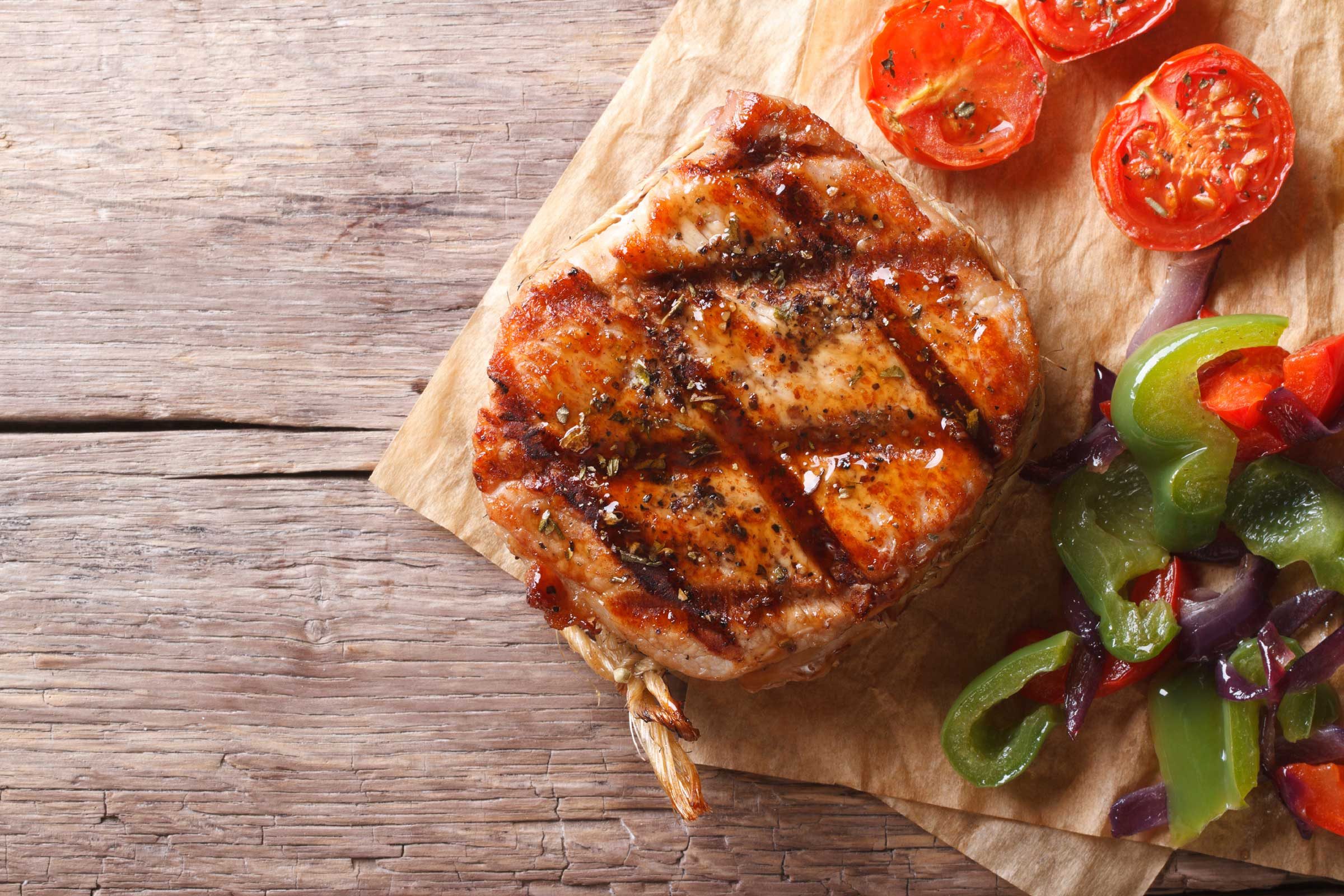 ISTOCK/ALLEKO
ISTOCK/ALLEKO
"Since the heart is a muscle it needs daily lean proteins. Contrary to past heart-health advice, low-fat foods shouldn’t be the focus of one’s diet; it's better to consume meats and foods with nutrients that will protect the heart. I eat plenty of grass-fed meat and wild-caught fish along with heart-healthy olive oil, nuts, and vegetables. And I make sure to avoid meat and foods that contain antibiotics or hormones." —Al Sears, a cardiologist in Florida and author of 15 books on health and wellness
"I take probiotics"
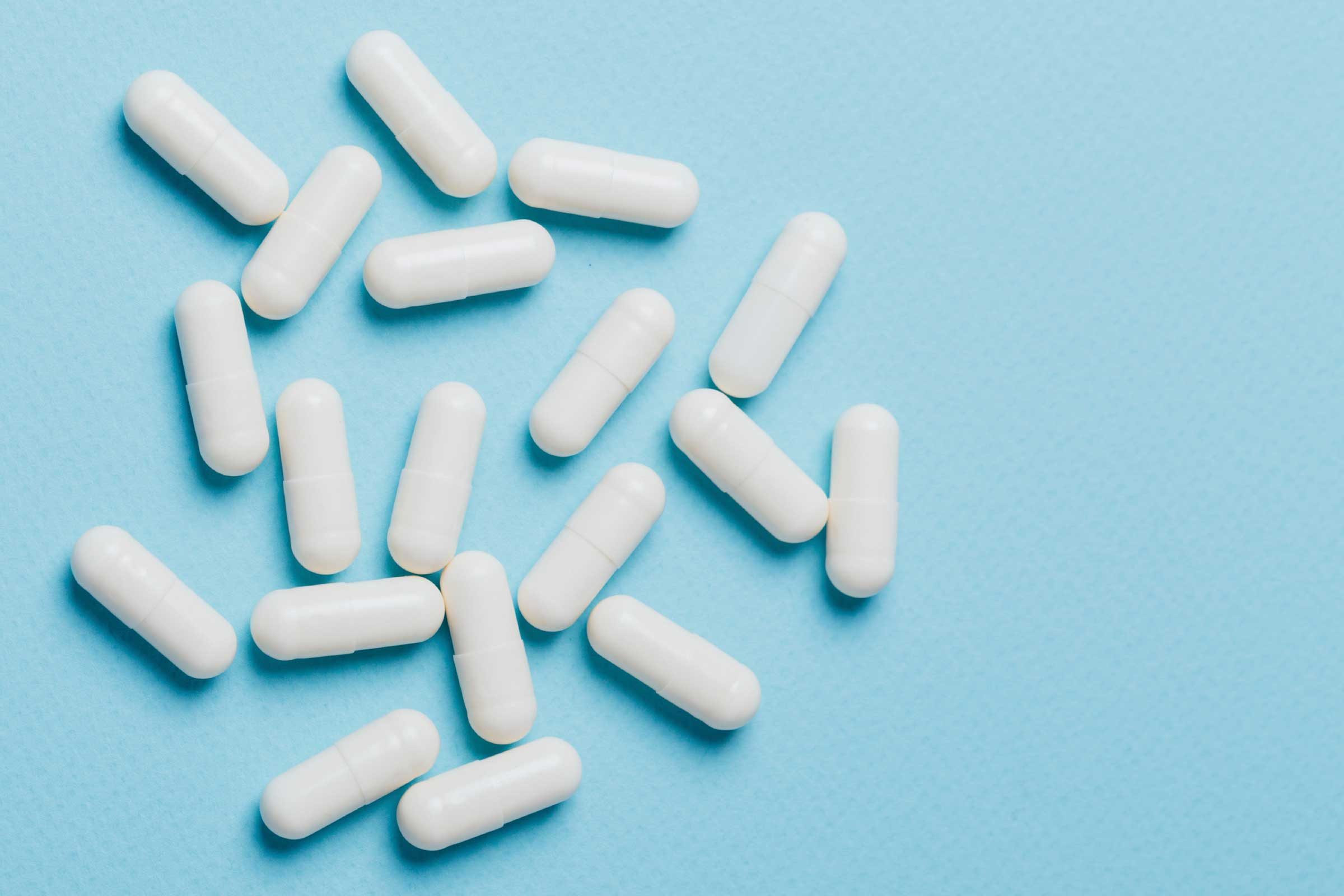 ISTOCK/DEIMAGINE
ISTOCK/DEIMAGINE
"Certain kinds of probiotics, such as lactobacillus acidophilus and bifidobacterium lactis, both of which are commonly found in over-the-counter probiotic formulations, have been shown to significantly decrease bad cholesterol and decrease inflammatory markers that may lead to heart disease. Although these results are promising, more studies are needed, but in the meantime taking probiotics may also help with other health concerns like gastrointestinal discomfort." —Nicole Van Groningen, MD
"I drink alcohol in moderation"
 ISTOCK/PAOLO CIPRIANI
ISTOCK/PAOLO CIPRIANI
"I actively monitor my drinking and I tend to drink a small amount regularly which is better than drinking large volumes on a single occasion. Moderate drinking of one to two servings a day [one drink for women, two for men] can offer protection from heart disease. But that does not mean you should start now—if you do not drink at all, keep it that way. If you you find yourself drinking more than one or two drinks in a single occasion, it can increase your risk of a stroke." —Samuel Malloy, MD, medical director at DrFelix [Talk to your doctor to make sure alcohol is safe for you.]
"I eat dark chocolate"
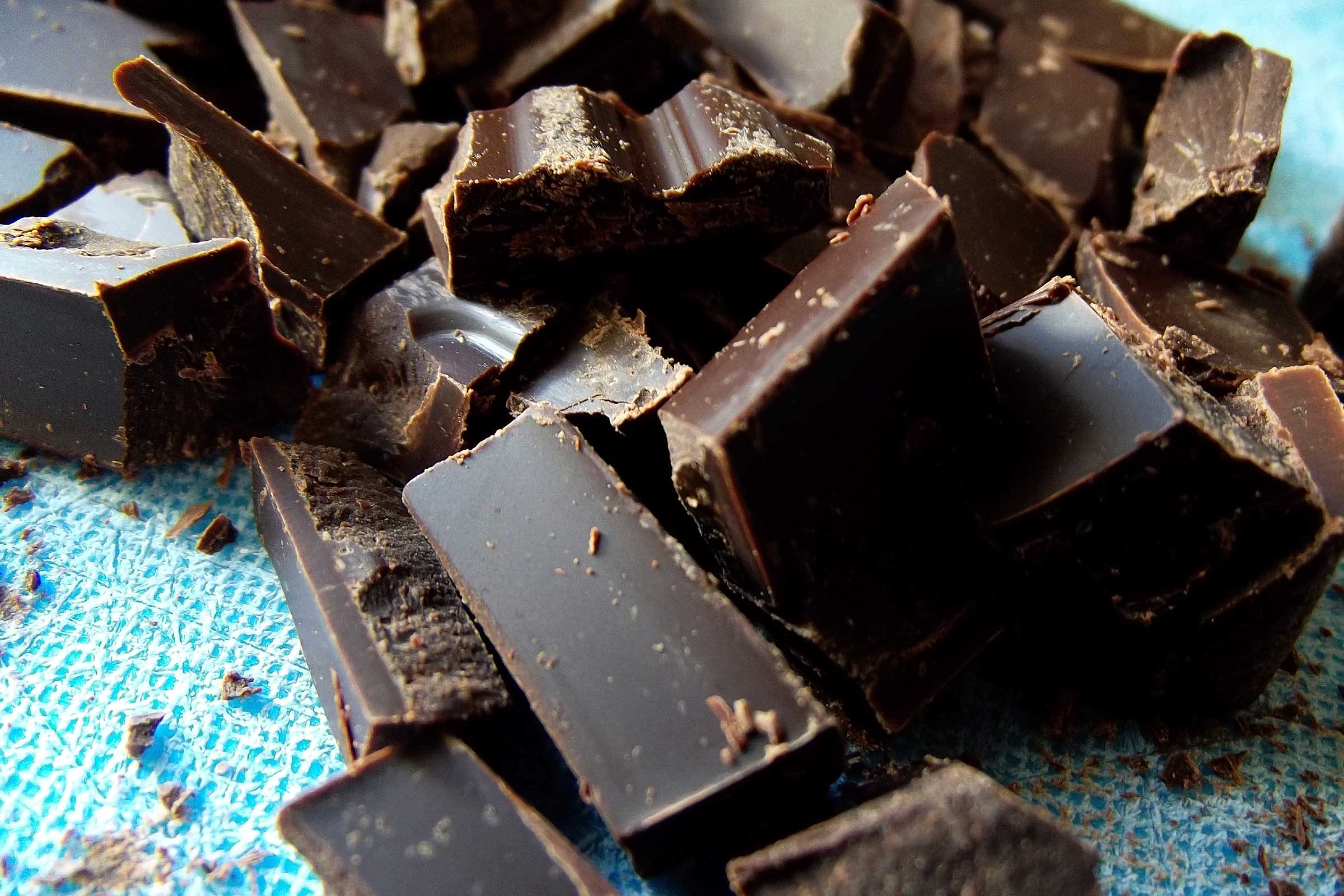 ISTOCK/GREGSAWYER
ISTOCK/GREGSAWYER
"I love dark chocolate! Not only is it delicious, but it is a source of polyphenols, which may improve artery elasticity and help lower blood pressure. When looking for the perfect dark chocolate, keep an eye out for at least 75 percent cocoa and then savor an ounce or two." —Cynthia Geyer, MD, heart specialist and medical director of Canyon Ranch in Lenox
"I eat eggs"
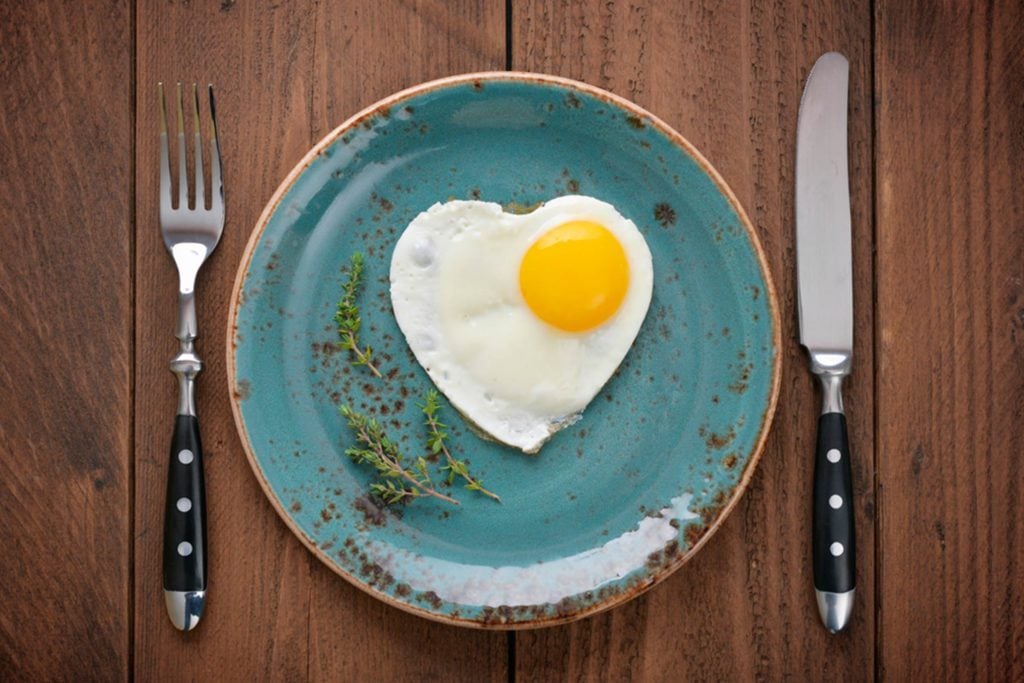 MAMA_MIA/SHUTTERSTOCK
MAMA_MIA/SHUTTERSTOCK
“The science shows that a diet without cholesterol does not necessarily lower a person’s cholesterol. In fact, when the cholesterol in a food is high, it is often acting as an antioxidant. Eggs are a great food, full of satiating protein and essential fats.”—Carolyn Dean, MD, ND, author of Atrial Fibrillation: Remineralize Your Heart
"I take care of my teeth"
 SYDA PRODUCTIONS/SHUTTERSTOCK
SYDA PRODUCTIONS/SHUTTERSTOCK
“Good oral hygiene can lead to less systemic inflammation in the short term. While more research is needed to determine whether this decreases heart attacks or strokes—the link has been debated for decades—having a healthy mouth is important to overall wellness.”—Julie Clary, MD, Cardiologist at Indiana University Health
- লিঙ্ক পান
- X
- ইমেল
- অন্যান্য অ্যাপ
Diltiazem CAPSULE belongs to the group of anti-hypertensive medicines called 'calcium channel blockers used to treat mild to moderate hypertension and prevent angina pectoris. High blood pressure is a condition in which the pressure in the blood vessels is increased.
উত্তরমুছুন